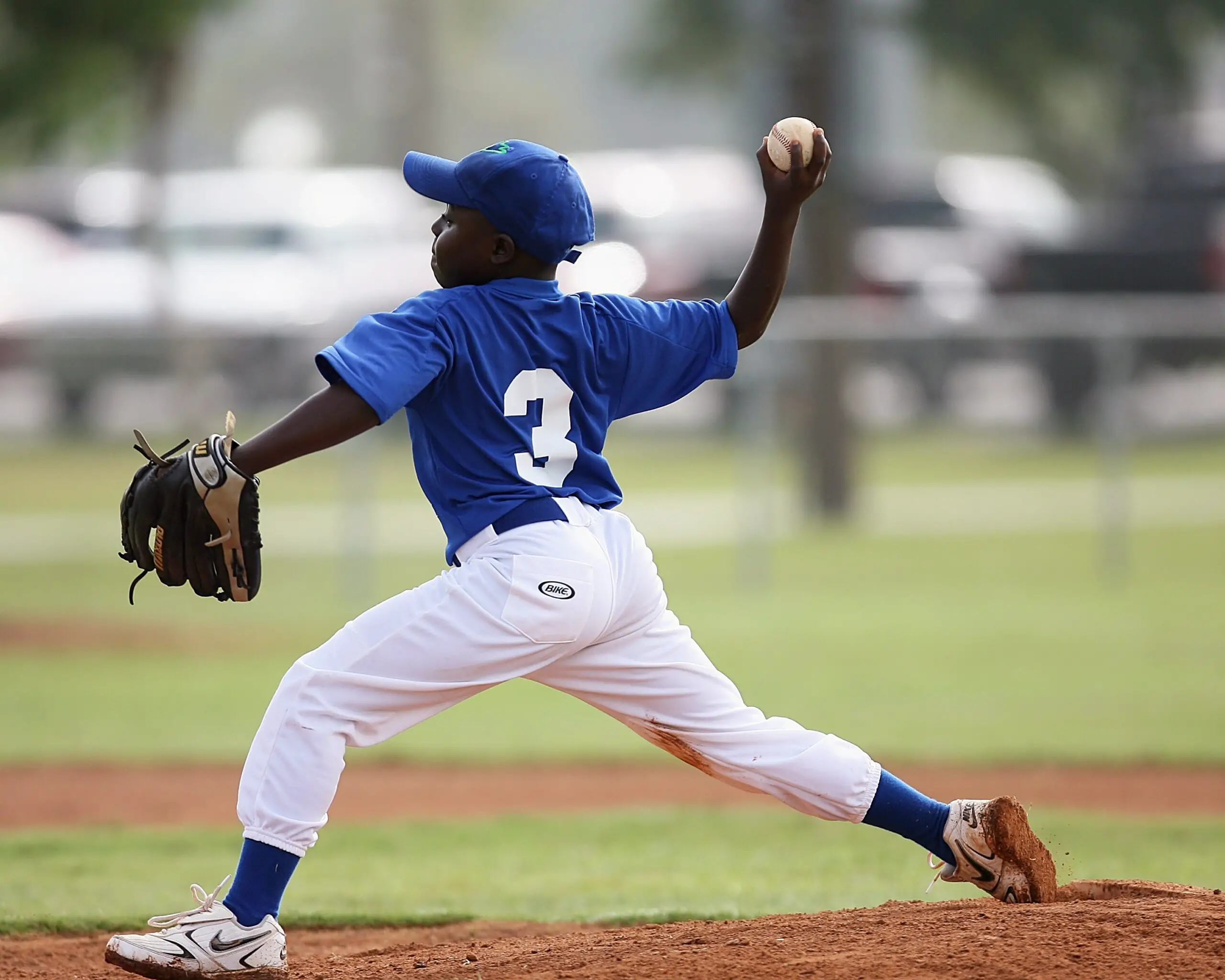This article may contain affiliate links. For details, visit our Affiliate Disclosure page.
If you are a high school baseball player who wants to make it to the majors, or a D1, D2 prospect with the hopes of getting drafted by the MLB and turning pro, chances are it’s going to be a tough road ahead because there are hundreds, maybe even thousands just as determined as you who want to make it big. If you have determined aspirations to make it in the sport of baseball, you must know the skills that you will need to last long as a young talent, your potential growth as a player, and the money you will make by playing in the minor leagues or the MLB. Let us know about “Going Pro In Baseball: Out Of High School Vs College”

Going Pro In Baseball: Out Of High School Vs College
Whether playing in the minor leagues or the MLB, a player is regarded as a professional athlete. For a baseball prospect to turn pro, they must be 17 or 18 years old before possibly getting drafted. Collegiate players attending three-year colleges become eligible to be drafted right out of graduation and those enrolled in four-year programs become draft eligible after completing their junior year or when they turn 21 years old. Once drafted by an MLB team, they officially become pro baseball players.
Should You Go Pro Straight Out Of High School?
Every kid that has ever played the game of baseball with all the excitement and talent has dreamt of someday playing for their favorite MLB team and making that dream come true. But reaching the MLB is easier when desired and almost painstaking for those who put all the effort and focus they could but still fell just short.
There is no definitive answer to the question of when someone can go pro in baseball. However, some players do show the capability to be able to go pro straight out of high school, while others may need a few years of college ball under their belts. The main factors that will determine when a player is ready for the professional ranks are their age, skill level, and physical maturity.
For players who are still in high school, there is a lot of pressure to make the jump to the pros as soon as possible. In most cases, young players should get some more experience by playing amateur ball before trying to make it to the big leagues.
There are many high-profile cases of teenage players who attempted the jump to pro ball and failed miserably. These players often find themselves overwhelmed by the competition at the higher level and end up dropping out of baseball altogether.
The biggest reality-check high school prospects face when they get drafted to play in the minor leagues is the rigorous traveling and lifestyle that come with playing baseball at single A class where standing out among hundreds of prospects becomes difficult year after year. Many draftees even quit baseball altogether because of the sudden exposure they face which does more harm to their skills than good.
College can be an excellent option for young players who want to improve their skills before going pro. For one, college teams offer stiffer competition than most high school squads, and many colleges have top-notch coaching staffs that can help student-athletes reach their full potential. Players who attend college also have the opportunity to earn a degree, which can be very helpful as it would serve them the right support for a possible second career option.
Reaching The Professional Ranks
When a young talent gets drafted and signed by an MLB team, the team management knows the potential the young player has but because they lack any pro-level exposure, they are sent to the minor leagues along with other newly signed athletes who are given the time to properly hone their skills and improve their abilities as a player.
When sent to the minor leagues, a player gets to play for the teams affiliated with the MLB team that signed them initially. There, the players begin their professional career playing in the rookie league or class A classification. For better context, there are 5 classes in minor league baseball; triple-A, double-A, higher-A, single-A, and rookie league.
After spending some time in their initially assigned class, once the player starts showing improvement in their game they get promoted to the next higher class and if their improvement is steady and fast they can get to play for the triple-A class team within two to three years. Once they reach triple-A, their call up to the major leagues is only a matter of time as long as they keep up their best efforts.
In contrast to the usual call-ups, there have been instances in the past where higher A, single A, and even rookie-class players received direct call-ups by their major league teams. One such move was made by the San Diego Padres in 2017 who called up 3 players who had only played rookie or single-A ball.
Conclusion
Now we have learnt “Going Pro In Baseball: Out Of High School Vs College “, Ultimately, it is up to each player and his family to decide when he is ready to go pro in baseball. There is no one perfect time or path; every player has his unique journey. But by understanding the basic eligibility requirements and considering all of the factors involved, players can make an informed decision about when to take their next step on that journey. Once the players get drafted, their consistency is going to be the key difference between being forgotten and being recognized and promoted for their exceptional showing on any given day but only if they want to make it to the major league and stay there for as long as they can.